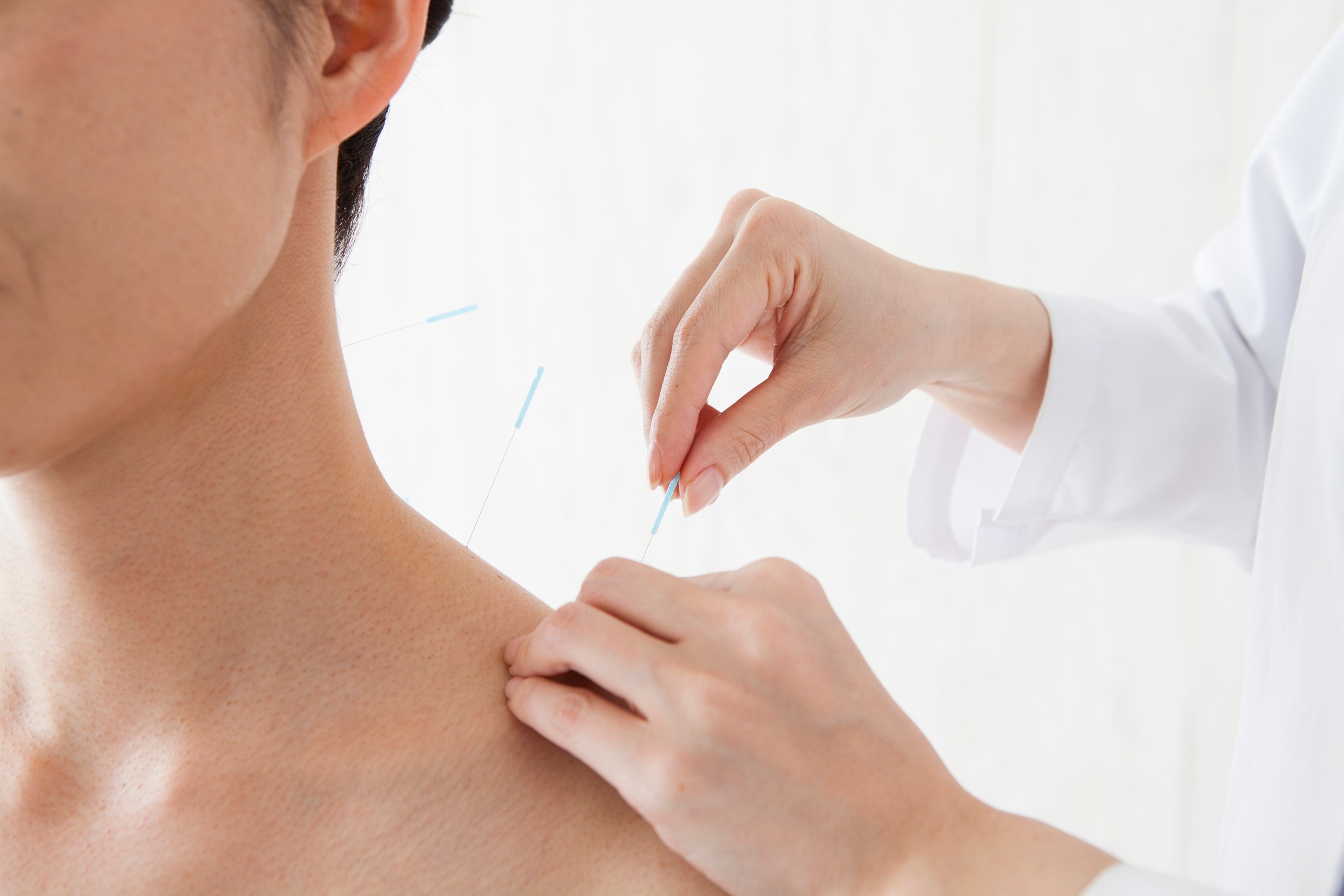Research has proven that acupuncture can improve a person’s well-being by stimulating the body’s healing processes, making it an important component to an integrative health care plan. The National Institutes of Health (NIH) has determined that this non-invasive health care treatment is safe and effective when it comes to helping patients overcome a variety of ailments.
From pain management to stress reduction, experts are finding that the positive effects of acupuncture are broad and far-reaching. Patients can experience not only physical wellbeing, but also an improved state of mind and a more balanced emotional state, after they have undergone acupuncture sessions. So if you have been hoping to enhance your health this year, finding a qualified acupuncturist could be just what you need to get the relief you’ve been waiting for, without the use of strong prescriptions or invasive procedures.
Acupuncture and Its Many Benefits
Acupuncture has been making waves in the world of alternative health care, and for good reason. Many patients experience incredible results when they see a professional acupuncturist and receive the appropriate treatments. Despite acupuncture’s growing popularity, however, many people are still unclear about how it contributes to a person’s overall health and wellbeing.
When placed at the appropriate points, acupuncture needles help to release blocked energy throughout the body so that function can be restored to everything from the digestive and cardiovascular systems, to the immune system, endocrine system, and nervous system. Results of this balanced energy flow can include better sleep and elevated mood, enhanced digestion, reduced pain, and an improved sense of wellness.
How Acupuncture Works
Although there are various methods that can be used to stimulate acupressure points throughout the body, acupuncture involves the insertion of sterile, fine needles into a patient’s skin. Heat, electrical stimulation, and additional pressure can also be added to the needles to boost their effects on the body.
Traditionally, acupuncture is described as being able to modify the flow of qi, or energy, throughout an individual’s body. But today’s researchers have provided an additional explanation for acupuncture’s effectiveness. Research published in 2010 by Nature Neuroscience showed that the needles used in an acupuncture session can actually influence the activity of adenosine in the body. This amino acid becomes active within a person’s skin after they suffer an injury, and its purpose is to ease their pain. Experts believe that this might explain why so many people are able to enjoy much-needed pain relief when they receive acupuncture treatments.
In fact, a 2016 study, published in the American Journal of Emergency Medicine, found that acupuncture can be a more effective method of pain relief than morphine. The study compared the two methods by treating one group with acupuncture for acute pain and another with morphine. Patients treated with acupuncture experienced a 92 percent reduction in pain compared to a 78 percent reduction in pain for those treated with morphine.
You can even boost the benefits of acupuncture by employing it in combination with other natural healing techniques, such as bodywork therapies, herbal remedies, and dietary changes. For example, you can balance and improve the flow of energy in your body, thereby positively affecting your state of mind and your physical state, with the help of a combination of acupuncture sessions, chiropractic adjustments, massages, and movement exercises like Tai Chi.
Some of the Conditions That Acupuncture Can Treat
Clinical studies have found that natural health care in the form of acupuncture, in particular, can provide relief for conditions that include, but are not limited to:
- Depression, anxiety, and post-traumatic stress disorder (PTSD)
- Allergies and respiratory problems like asthma
- Rheumatoid arthritis, osteoarthritis, and fibromyalgia
- Tennis elbow, sprains, and injury related pain
- Hypertension and hypotension
- Knee, low back, and neck pain, as well as sciatica
- Dysmenorrhea
- Headache and migraine
- Nausea, vomiting, irritable bowel syndrome (IBS), and morning sickness
- Postoperative pain, facial pain, and dental pain
Experts in integrative medicine and alternative medicine are able to bring an ancient healing method into the modern world by offering acupuncture to their patients. This gentle and soothing practice can be used to improve a person’s physical, mental, and emotional health. From pain relief to stress prevention, acupuncture is a non-invasive treatment that you should certainly try if you are hoping to promote your overall wellbeing this year. If you’d like to try Acupuncture or an Oriental Medicine treatment, schedule an appointment at National University’s Whole Health Center.
Students in National University’s Acupuncture or Oriental Medicine programs not only receive a thorough curriculum in their arts, but also learn fundamental biomedical science and modern medical diagnostics. Understanding both perspectives is fundamental to whole health healing and better patient-centered care. Our students become more comprehensive, full-body diagnosticians, evaluating and recommending treatments based on each individual patient’s history and symptoms, which ensures the protection and furthering of an individual’s holistic wellbeing. Learn more about joining our acupuncture program or our oriental medicine program by visiting our website.
{{cta(‘b7d331ad-fee8-45d2-9abd-f26523a7e68e’)}}



